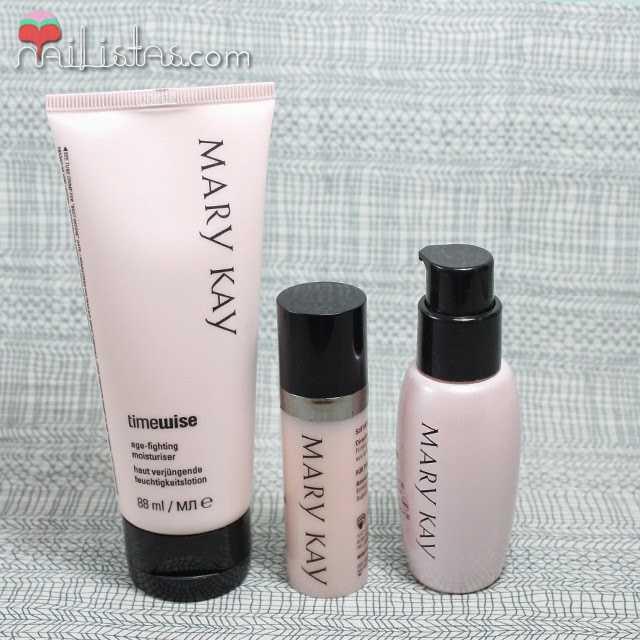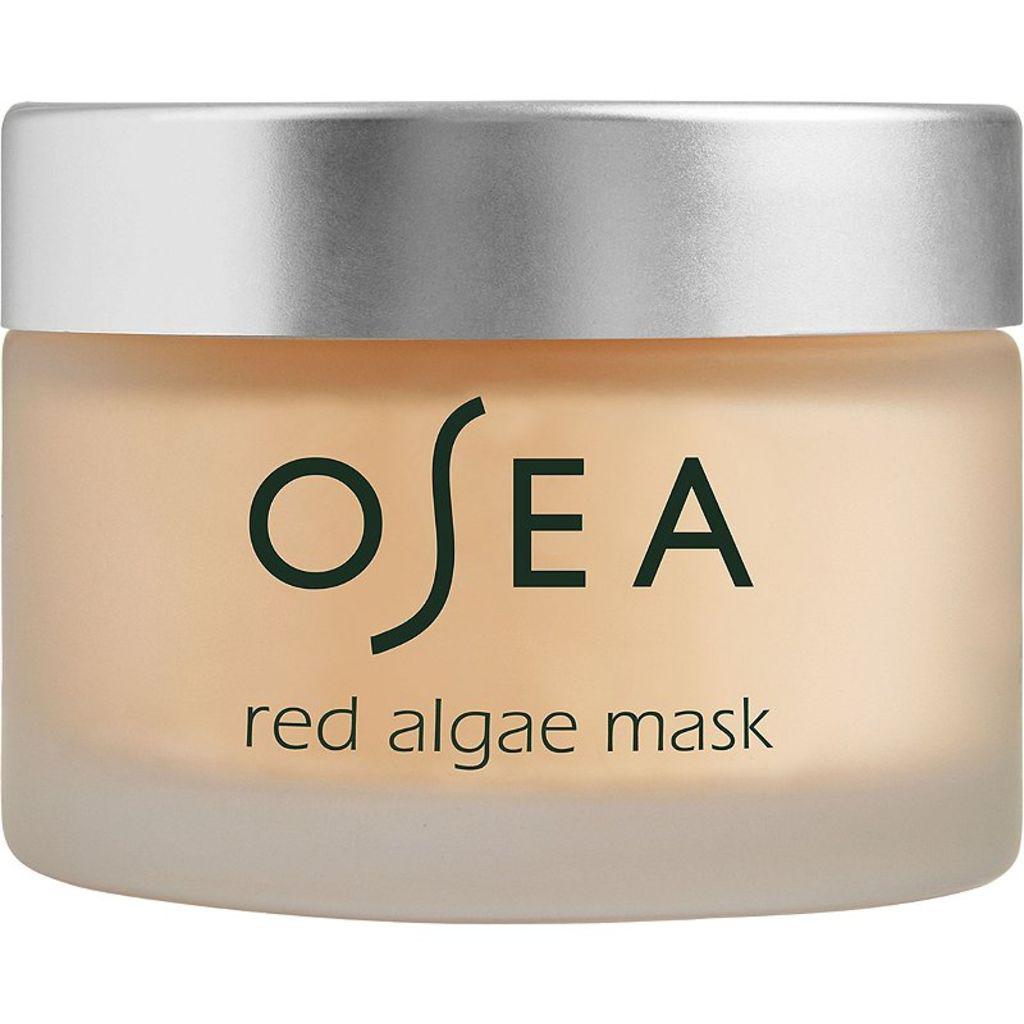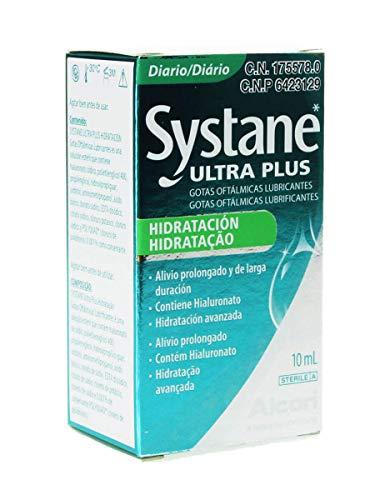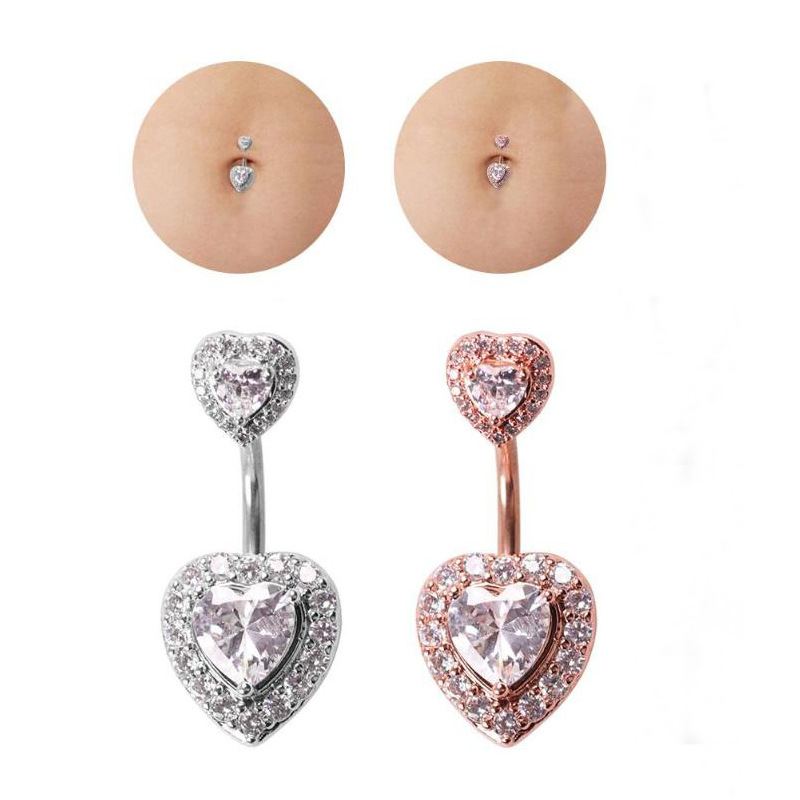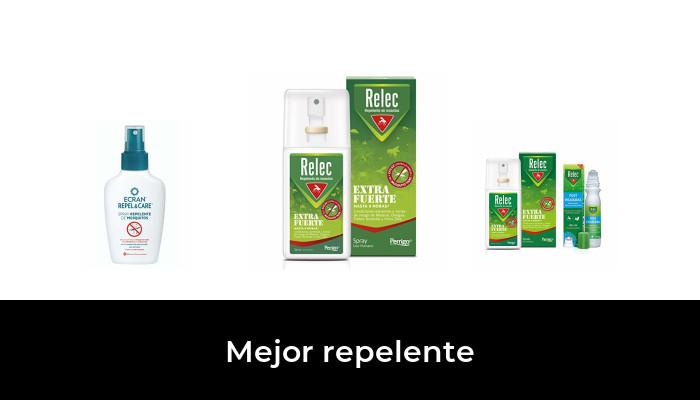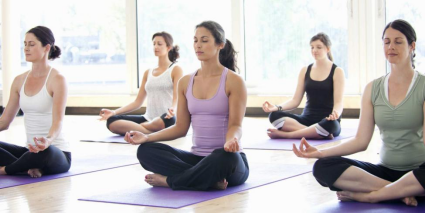The dermatologist has become the 'coach' of aging
Under the motto 'less is more' and defending that one can age in a healthy and graceful way without having to undergo surgery, Dr. Ricardo Ruiz, one of the most prestigious oncological and aesthetic dermatologists in our country, In an authentic skin guide, he shares all his knowledge and experience in a simple, direct, honest and rigorous way. 'What your skin says about you' is, without a doubt, the authentic manual on how to have a 'harmonious' ageing, and it will be on sale today.
The expert is backed by more than 25 years of professional experience, and his daily work ranges from the prevention and treatment of skin cancer to helping his patients age gracefully and discreetly. He is the founder and director of the prestigious International Dermatological Clinic, which was considered "the best dermatological clinic in Spain" for four consecutive years, according to the Health Reputation Monitor.
Alimente talks to the doctor about his book, the secrets a dermatologist keeps, and some tips and preventions for healthy skin.
"Dermatologists can diagnose more than 1,000 diseases through the skin," says Dr. Ricardo Ruiz
QUESTION. Today her book is published with a quite revealing title, 'What your skin says about you', a true guide. What does each person's skin say, doctor?
ANSWER. Our skin is the largest organ in our body and also the most visible. And it says a lot about us. Through it we tell others who we are. Our skin speaks to us, but we must understand its language. And dermatologists, through it, can diagnose more than 1,000 diseases. The skin is a fascinating territory, and unfortunately there is a lot of information about its care that is not rigorous.
Q. As a dermatologist, if you had to debunk the biggest myths out there about skin care, which ones would you debunk? That is, what a dermatologist would NOT recommend for anything in the world and that is recommended in some places.
A. We are bombarded by false advertisements such as anti-loss shampoos, anti-sagging creams, anti-cellulite products or that you have to drink three liters of water a day. There is also a lot of myth that everything 'natural' is good. Hemlock is natural and is a poison. And the water is pure chemistry. For this reason, dermatologists prefer that our patients take advantage of the advances of modern dermatology when using an anti-acne treatment or an anti-aging cream. Science has shown, in times of coronavirus, that it is capable of producing safe and effective vaccines in less than a year so that we can defeat this pandemic. This rigor must also be demanded in medical-surgical and aesthetic dermatology.
"Today modern dermatology is capable of curing more than 99% of acne cases"
Q. In this book you talk about some very interesting topics such as the hidden causes of acne, one of the dermatological conditions that many people suffer from. Can you tell us something?
A. Acne affects 85% of adolescents and many young women, and although it seems like a frivolous and aesthetic disease, it causes a lot of suffering in the people who suffer from it. Sometimes the cause of acne is the misuse of certain creams or photoprotectors, the mask (maskné), the mobile phone or even stress. But today modern dermatology is capable of curing more than 99% of acne cases.
Q. In this sense, there is now a phenomenon that did not exist before and it is about the dermatological conditions that arise from the use of the mask, which is commonly known as maskné. What can we do to avoid these pathologies?
R. My recommendations to take care of your skin if you wear a mask is to use a hypoallergenic soap to wash your face; hydrate the skin well with gels if your skin is oily or creams if it is dry; do not over exfoliate the skin; prevent irritation from vitamin C or retinol; wear a new mask every day and take a break from it from time to time as long as you are alone. If, despite these preventive measures, you still have acne, the right thing to do is go to the dermatologist, who will recommend a cream or an oral treatment that will solve it.
"There is an anti-aging diet that is based on eating little meat, lots of vegetables and fruits, nuts and legumes"
Q. What factors influence dermatological pathologies? How does pollution affect our skin, for example?
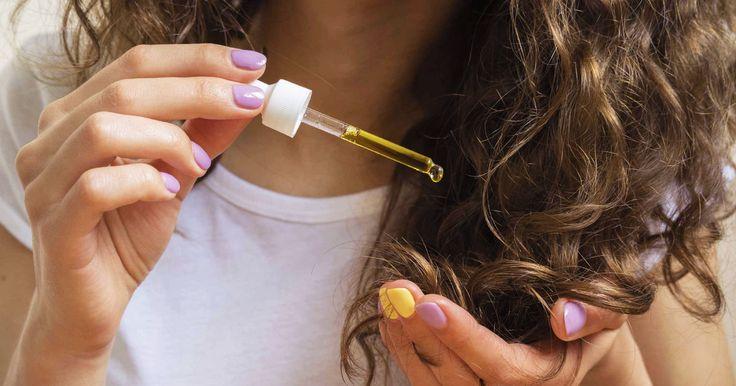
A. Pollution doesn't affect the skin too much. Proof of this is that in large cities where there is more pollution there are no more skin diseases than in areas without pollution. Nor are screens as harmful to the skin as I have read somewhere. The sun itself is a factor that produces not only premature aging of the skin, but more than 90% of skin cancers have their origin in sun exposure.
Q. And what about food? If you had to list the top key natural skincare ingredients, what would they be and why?
A. Food is indeed important for our health and for our skin. My three basic tips would be: do not eat anything that your grandmother does not recognize as food, the best antioxidant cocktail is a glass of gazpacho and eat less. In addition, it has been shown that there is an anti-aging diet that is based on eating little meat and lots of vegetables, fruit, nuts and legumes. This diet activates the genes for longevity. And let's not forget vitamin R, which is the RELAX vitamin. It consists of relaxing and enjoying (in 10% of our habits) food and drinks that, although they are not especially healthy, do brighten our spirits.
"Drinking a lot of water doesn't make your skin more hydrated, because the skin is hydrated by applying creams"
Q. The marketing that exists around skin care products is often contradictory and society wonders what advice really works. In this sense, which ones are really useful, that is, what should be looked at or what aspects should be taken into account?
R. Some of the cosmetic tips that I find interesting to highlight are: simplify your skin care, do not wash your face more than twice a day, at age 35 start with creams with vitamin C and retinol, do not spend a lot in a moisturizing cream, not obsessing about buying 'natural' cosmetics, not having unrealistic expectations with the power of creams and knowing that not by drinking a lot of water does your skin become more hydrated. The skin is hydrated by applying creams, not by drinking water.
Q. Along these lines, some people will believe that the ads we are used to are misleading regarding facial care. If we take as an example splendid and young models promoting an antiaging, can ordinary women get to have skin like this?
R. A journalist asked an American dermatologist about the cosmetics she used to have such luminous, wrinkle-free skin, to which she replied: “I use the best, laser, botox and hyaluronic acid”. It is true that cosmetics can make our skin look fresher and more luminous, but to eliminate a blemish, a vein or a tired face, sometimes you have to take advantage of the advances in modern dermatology.
"Aesthetically, men are concerned about three things: localized fat, hair loss and excessive skin on the eyelids"
Q. The topic of skin care has always been related to women, but what about men? How should your care be?
A. For example, at the International Dermatology Clinic, 53% of general dermatology patients are women and 47% are men. However, if we analyze the patients who come for cosmetic dermatology, only 15% are men. Despite this, many men begin to find it normal to take care of themselves from an aesthetic point of view. For example, in a decade, the number of men who undergo Botox to eliminate expression wrinkles has increased by more than 400%. In addition, it is not strange that a man, for example, at a dinner recounts his experience when undergoing a hair transplant, something that a few years ago was carried out in absolute secrecy.
Aesthetically, men are fundamentally concerned with three things: localized fat or 'love handles', which we can remove with cold (Coolsculpting®); hair loss on the scalp, which today can be treated effectively and safely with medical treatments or hair transplantation; and excessive skin on the eyelids, which can be removed by blepharoplasty.
"The data is alarming: four out of ten Spaniards are going to have skin cancer"
Q. The heat is starting and it seems that society is becoming more aware of the importance of protecting the skin from the sun, but this is not always the case. In fact, you argue in your book that a visit to the dermatologist should be the same as a visit to a dentist. Why do you think there is not so much social awareness regarding photoprotection at other times of the year and regarding the annual visit to the dermatologist?
A. Mortality from breast cancer or colon cancer is decreasing, but mortality from malignant melanoma is increasing. We dermatologists are doing something wrong. People have internalized that you have to visit the gynecologist once a year, but the same does not happen with the review of moles. For this reason, it is highly recommended to visit the dermatologist once a year to review moles, assess hair and nails, and define cosmetic skin care, a review that we call SKIN CHECK at our clinic.
"What makes us look older are the changes produced in the fat and bones of the face that make it 'sag'"
Q. As you explain, skin cancer is one of the most aggressive cancers and one that we pay the least attention to in terms of prevention, because it is not only caused by overexposure to the sun, which is what most people believe. How can we know if we have skin cancer and what should we do to prevent it?
R. The data is alarming: four out of ten Spaniards are going to have skin cancer. There are basically two types of skin cancer: carcinoma or epithelioma (which can be basal cell or squamous cell) and melanoma. Dermatologists insist a lot on the ABCDEs of moles to recognize when a mole may be suspicious: A for asymmetry, moles that are not symmetrical; B of borders, moles with irregular borders; C colored, moles with areas of dark color and areas of light color; D in diameter, moles larger than 0.6 cm; E for evolution, moles that evolve, that change size, color, that bleed, etc. The most important data is that of evolution: a mole that changes should always be consulted by a dermatologist. In people with many moles, we always recommend making a map, which consists of 'recording' photos of all the moles of the patient (with internal images of them taken by an optical system called a dermatoscope) and comparing the evolution of these images once a year.
Q. Having one of the best dermatologists on the scene today, we must ask: are cosmetics as effective as they are sold? Is it possible to age harmoniously and beautifully without undergoing surgery, as you claim?
R. Coco Chanel said that “nature gives you the face you have at twenty, at fifty it depends on you”. It seems to me a very accurate phrase. From an age, the appearance we have depends on us. If we have a healthy relationship with the sun and alcohol, if we avoid tobacco, if we do sports, if we maintain the right weight, if we take care of our minds and if we perform aesthetic treatments in a sensible and prudent way, we can age gracefully. The dermatologist can play a very important role in this process to advise you what you should and should not do. The dermatologist has become the 'coach' of aging.
Q. Tell us about the latest anti-aging advances in dermatology.
A. In recent years, modern dermatology has deciphered the true changes that cause aging. Dermatologists always blame the sun as the main cause of aging. This is true if we refer exclusively to the skin, since the sun produces premature wrinkles, spots, veins and loss of skin freshness. But what really makes us look older are these changes in the fat and bone of the face.
This loss of fat and bone causes our face to 'sag' over the years. Therefore, people with good facial bone structure age better, while people with weak bone structure (small cheekbones or underdeveloped jaw) experience premature facial aging.
These anatomical changes that our face undergoes can be 'alleviated' through injectable substances. It is essential that the doctors who use these injectables as a rejuvenation technique (fillers, collagen inducers, tension threads, etc.) know the anatomy of fat and bone in order to try to compensate them at their origin. Fillers can be injected into areas where fat and bone have been lost. And the threads can 'reposition' the slack fabrics. The prudent and anatomical use of these materials can help prevent aging in a natural and effective way. Sometimes, in order to look 'natural', you have to take advantage of the advances in modern dermatology.
"A dermatologist must be a bit of a psychologist to know how to handle the relationship between the mind and the skin"
Q. What would you say to young women who think they shouldn't take care of themselves because they don't have wrinkles yet? Are anti-wrinkle creams recommended in this age group?
R. Today young people have understood the concept of prevention. There are products in creams that do have a preventive effect, such as antioxidants (vitamin C) or derivatives of vitamin A (retinol). There are also techniques such as radiofrequency or Ultherapy that induce the formation of collagen. But the right thing is to go to your dermatologist and have him personalize what you need. For example, there are people in their 30s with a very marked frown and a constant expression of worry who can benefit from Botox treatment. If you're turning to cosmetic dermatology to look and feel your best, keep in mind that discreet results are the most elegant. Less is more. As Pythagoras said: "A beautiful old age is the reward of a beautiful life." It is in our hands to achieve it.
Q. One of the parts of your book delves into integral dermatology and talks about the possibility that the skin needs a psychologist. What is the relationship between mental health and the skin in this regard?
A. Neurons in the brain and cells in the skin derive from the same embryonic cells. That is why there is a fascinating relationship between the skin and the mind. Stress can make healthy nails brittle, cause massive hair loss, or cause excessive sweating. Other skin pathologies that manifest or worsen in the presence of stress are psoriasis, rosacea, acne, dermatitis or eczema, and mouth ulcers.
The reverse process also occurs: the state of our skin influences our emotions. Acne, vitiligo (white spots on the skin), alopecia, psoriasis, angiomas (red spots on the skin) or disfiguring scars can also psychologically affect the patient, lowering their self-esteem and causing anxiety and depression. For all these reasons, the dermatologist must be a bit of a psychologist to know how to handle these relationships between the mind and the skin.
"The personalized medicine revolution is based on sitting next to the patient, listening to them and putting ourselves in their shoes"
Q. And finally, the International Dermatology Clinic that you direct has been considered by the Health Reputation Monitor as the best monographic dermatology clinic in Spain in the last four years. What is your secret?
R. I think the two keys to achieving this have been to surround myself with good talent and take care not only of the disease but also of the patient. In recent years I have been incorporating brilliant dermatologists better than me and international leaders in areas such as skin cancer, dermatological lasers, pediatric dermatology, aesthetic dermatology, acne, etc. into the team. It is really exciting to work with the team we have at CDI. And the second key is to take care of the patient experience. The patient, in the end, does not remember why he came to the clinic, but he does remember how he felt in the clinic. We try to be excellent in punctuality, in time dedicated to each patient, in getting involved with the concerns of each person, in offering them the latest advances in modern dermatology. Our best social network is the 100 patients who come to our clinic every day and recommend our services. The personalized medicine revolution is based on sitting next to the patient, listening to them and putting ourselves in 'their shoes'.

![47 best antiage nutritive cream in 2022 [based on 326 reviews]](https://website-google-hk.oss-cn-hongkong.aliyuncs.com/drawing/article_results_6/2022/2/27/1918fc37c66ad30564173e69d9df88a0.jpeg)
